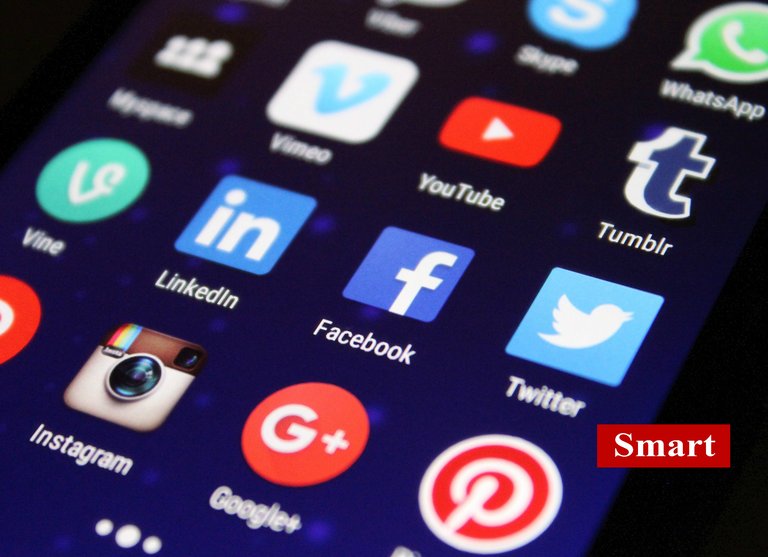
The Points North Group study stated, “up to 20% of mid-level influencer followers are likely fraudulent”. Fake social media accounts and automated accounts are all over social media. This deceitful practice is hard to evaluate. The great thing about social media is also its downfall. The fact is that on social media, you can become anyone you want to be.
If your brand already works with paid online influencers, you’re probably familiar with one of the biggest risk factors: influencer fraud. These are people with artificially inflated follower numbers that allow them to increase their asking rate for engaging with their followers on behalf of a brand.
The cost to your business and reputation is dangerous, as precious budget dollars are wasted on fake followers. Driving interest towards your brand using influencers is so widespread that this once, popular marketing ploy, has become a digital practice that marketers need to look out for. In fact, a New York Times investigation uncovered that 15% of Twitter users were likely automated accounts designed to simulate real people.
Many influencers are also experiencing social media identity theft as more and more fake accounts with their picture are used to create fake accounts. In November 2018, Facebook disclosed to investors that it has at least twice as many fake users as it previously estimated. This accounted for up to 60 million automated accounts roaming the online world’s biggest social media platform.
Devumi is the company that is leading the way in fake followers. Social media marketing will not benefit you if you use fake influencers who have fake followers.
According to the NY Times, they reviewed business and court records showing that Devumi has more than 200,000 customers, including reality television stars, professional athletes, comedians, TED speakers, pastors, and models. In most cases, the records show that they purchased their own followers. In others, their employees, agents, public relations companies, family members, or friends did the buying. For just pennies each, sometimes even less, Devumi offers Twitter followers, views on YouTube, plays on SoundCloud, and endorsements on LinkedIn.
“The actor, John Leguizamo, has Devumi followers. So does Michael Dell, the computer billionaire, and Ray Lewis, the football commentator and former Ravens linebacker. Kathy Ireland, the one-time swimsuit model who today presides over a half-billion-dollar licensing empire, has hundreds of thousands of fake Devumi followers. So does Akbar Gbajabiamila, the host of the show, ‘American Ninja Warrior.’ Even a Twitter board member, Martha Lane Fox, has some.”
On Facebook you can buy likes that make your pages look more engaged than they are. This kind of celebrity is fake, fraudulent, and what many influencers prefer to conceal. The reason people buy followers is often to create endorsement deals with brands. The influencer becomes a brand ambassador and are paid to promote the product. However, promoting to fake followers does not help a brand expand, sell, or grow.
Due to the impact of “celebrity” and “movie star” on social media, many “influencers” are buying followers because their careers are depending on their appearance as a social media influencer. In an interview with the NY Times, Jason Schenker said, “No one will take you seriously if you don’t have a noteworthy presence, An economist, who specializes in economic forecasting, has purchased at least 260,000 followers.” Is this the new marketing?
It can be assumed that the practice of buying attention and followers will continue well into the future. How do you protect yourself? The truth is, building a brand is hard work. But building a reputation is even harder now that your face can be used for a fake account. You need to ensure that the influencers you associate with are ones that you know personally, to avoid fake accounts that friend or follow you.
A grassroots approach to building your followers and reputation over time, not overnight, will help you avoid the fake, fraudulent use of finding followers. If you engage with an influencer, make sure they are who they say they are or that you know them. We are working in a completely unregulated industry. It can be easy to fall victim to marginal tactics such as buying fame and influence. It will be up to you to watch out for it. Don’t risk your brand by purchasing fake followers, fake influence, or fake fame. Lookout for fake accounts with your picture on it and earn your credibility by serving others.
Vickie Helm is a bestselling author, business and asset strategist, and the CEO of Smart Group Firm. She has improved the success of more than a thousand companies and the lives of thousands of individuals throughout her career. You can learn more about Vickie at https://thesmartlifeclub.com or https://vickiehelm.com.
Congratulations @smartgroup! You have completed the following achievement on the Steem blockchain and have been rewarded with new badge(s) :
Click here to view your Board
If you no longer want to receive notifications, reply to this comment with the word
STOP